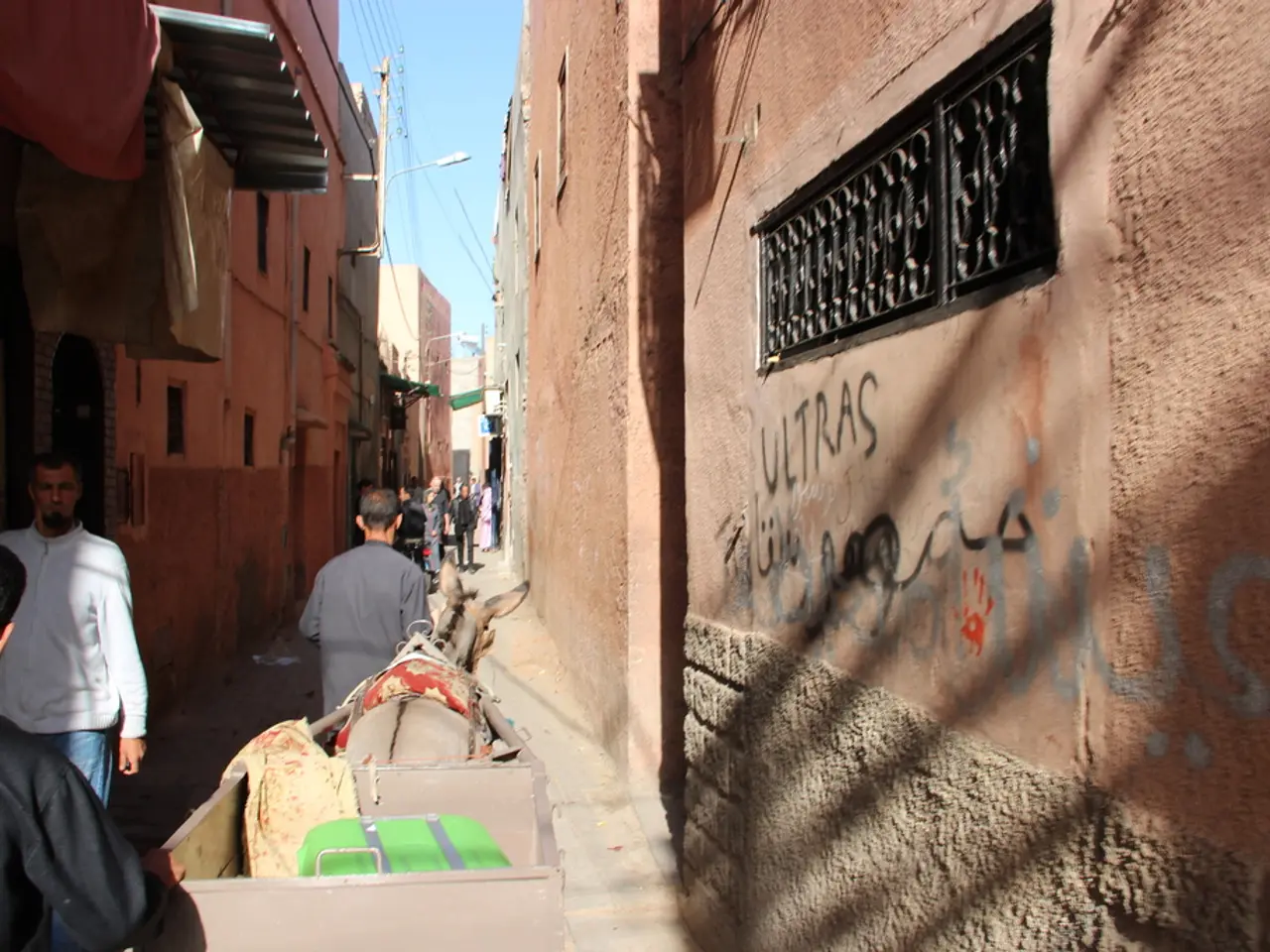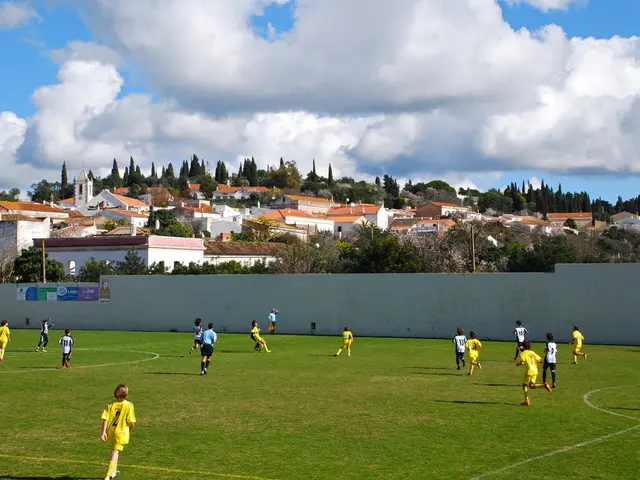Unleashing the Power of Pūtaiao: A Maori Approach to Science
Reconstructing scholarly disciplines in light of colonial influences
The pūtaiao model, also known as Māori science, is gaining traction as a powerful tool to redefine the way we understand and interact with the natural world. This approach to science highlights the richness and validity of Māori knowledge systems and their ability to inform, transform, and decolonize scientific research.
Embracing the Wisdom of the Past
Before we can indigenize science, we need to decolonize science, and pūtaiao offers a pathway forward. In Aotearoa (New Zealand), there has been progress through the introduction of a public holiday to honor Matariki, the beginning of the Māori new year according to the maramataka (Maori calendar). However, progress has been challenging as some scientists question the scientific value of Māori knowledge. Simultaneously, Māori scientists continue to advance and draw upon Māori knowledge, incorporating te reo (the Māori language), tikanga (Māori customs and traditions), and honoring Te Tiriti o Waitangi (the Treaty of Waitangi) into their research.
Pūtaiao: Decolonizing the Academy
Pūtaiao privileges Māori ways of knowing, being, and doing. This approach serves as a political voice demanding the inclusion of te ao Māori (the Māori world), including mātauranga (knowledge), te reo, tikanga, and Te Tiriti o Waitangi, in science. By conducting research in this manner, scientists contribute to decolonizing their discipline and its institutions, which have historically been driven by Western perspectives. This focus on histories, structures, and institutions that act as barriers to Māori knowledge and people necessitates reevaluating the colonial roots of science and understanding how it has been exploited to justify colonial violence and oppression against Māori.
Captain Cook's scientific voyage to Aotearoa serves as a prime example of colonization masquerading as scientific exploration.
The Scholar's Quandary: Challenging the Status Quo
To challenge the status quo, researchers must explore various avenues for creating flourishing forests of Māori scientists. This includes establishing research centers like Te Pūtahi o Pūtaiao and the Centre of Indigenous Science, creating research projects that transcend the silos within the science system, and fostering networks of Māori staff in science. Pūtaiao offers a foundation for Māori science leaders to transform science, whether through new university courses, academic programs, research centers, or regional and community hubs.
Pūtaiao redefines the conversation around the inclusion of Māori knowledge in science. By considering the relationship between te ao Māori, the researcher, and science, we can envision ways to decolonize, indigenize, and transform science.
A Glimpse at the Legacy of Captain Cook
Media platform E-Tangata has posted an article by Professor Alice Te Punga Somerville titled (Not quite) 250 ways to start an essay about Captain Cook. The article explores the ongoing global colonial legacy of Captain Cook, delving into the commemorations and controversies that persist today.
Rekindling the Fire: Identity and Research in Pūtaiao
How a researcher identifies as Māori can significantly impact their research. Recognizing and understanding one's own identity is crucial for asking relevant research questions, establishing relationships, selecting research locations, and conducting research in a manner consistent with pūtaiao principles. Two primary approaches to decolonization are culturalist and structuralist. Culturalist approaches focus on te reo, mātauranga, and tikanga, while structuralist approaches require attention to and dismantling the barriers within science that continue to exclude Māori knowledge and people.
Collaborating for Change: Transforming Scientific Research
In conclusion, pūtaiao offers an exciting opportunity to decolonize, indigenize, and transform science. By redefining scientific research from a Māori perspective, researchers can validate Māori knowledge systems, challenge Western hegemony, create equitable knowledge exchange, and foster participatory, culturally resonant approaches to scientific inquiry and innovation. In the journey towards a more just and harmonious relationship with the natural world, the wisdom of Māori science will undoubtedly play a key role.
Further Exploration
- Discover the Awhi Mai Awhi Atu restoration project led by Professor Kura Paul-Burke, combining various aspects of Māori knowledge.
- Watch the recorded webinar "Māori Knowledge in Science Education: He Mana Ōrite, He Awa Whiria" to learn more about the inclusion of Māori knowledge in science education.
- Visit our "Mātauranga Māori" topic for a wealth of resources, webinars, and activities on various related topics.
- Explore the Pinterest curation of resources "Here" for a diverse offering of research utilizing science and Māori knowledge.
- Read Relating content, such as articles on Matariki and the controversy surrounding claims that mātauranga Māori is not science, for a deeper understanding of the societal implications of pūtaiao.
As we continue to navigate this transformative journey, the pūtaiao model will undoubtedly contribute to a more inclusive, just, and resilient scientific community.
- Science, education-and-self-development, and personal-growth can be fostered through the pūtaiao model, which aims to decolonize and indigenize scientific research by privileging Māori ways of knowing, being, and doing.
- Learning about the relationship between te ao Māori, the researcher, and science is crucial for scientists who want to contribute to the decolonization of their discipline, thereby facilitating the growth and development of Māori scientists and the transformation of science.








